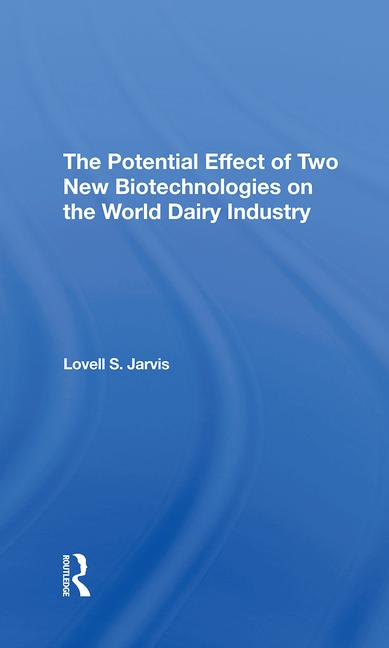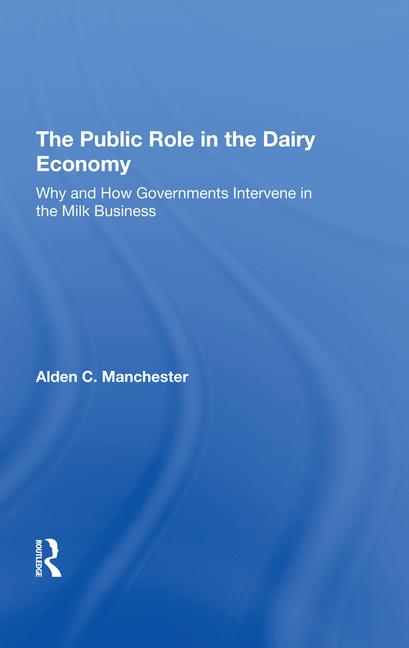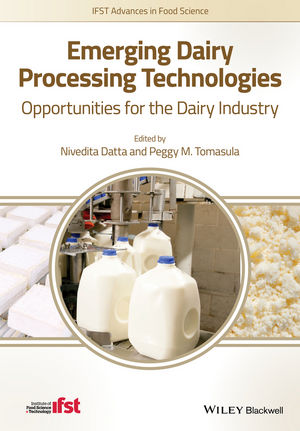Dairy policy and the new Congress
The dairy industry has a positive story that needs to be communicated to policymakers

The new Congress that convened in January will have implications for federal dairy policy. Republicans maintain control of the Senate, but Democrats are now in charge of the House of Representatives, which will likely lead to greater oversight of the Trump administration, including the USDA. Moreover, with more than 100 new representatives and senators now seated, we must ensure that Congress understands and appreciates dairy’s unique nutritional benefits.
The House of Representatives
Rep. Collin Peterson, D-Minn., is the new chairman of the House Agriculture Committee. Chairman Peterson represents a dairy district and has been active in dairy policy debates since he was first elected to Congress in 1990.
While the next farm bill is five years away, Peterson’s committee will oversee USDA’s work to implement the 2018 Farm Bill, including the Dairy Margin Coverage Program, which replaced the Margin Protection Program for Dairy, and a change to the Federal Milk Marketing Orders Class I mover, which was supported by the International Dairy Foods Association (IDFA) and the National Milk Producers Federation.
The House Education and Labor Committee also has a new leader — Rep. Bobby Scott, D-Va. This committee has jurisdiction over USDA’s administration of school nutrition programs, including recent rule changes that allow schools to resume serving low-fat flavored milk to students.
Two committee members, Reps. Joe Courtney, D-Conn., and Glenn Thompson, R-Pa., are introducing legislation that would codify this rule change in federal statute and make it more difficult for future administrations to remove low-fat flavored milk from schools. This bill could be considered on its own or as part of a broader effort to reauthorize child nutrition programs.
The dairy industry also is interested in U.S. trade policy given the ever-growing importance of exports to our industry. Trade issues are within the purview of the House Ways and Means Committee, which is now led by Rep. Richard Neal, D-Mass. This committee will formally review the United States-Mexico-Canada Agreement, including provisions that require Canada to eliminate its Class 7 milk pricing program.
Chairman Neal and other committee leaders are also urging the administration to rescind tariffs that were imposed on steel and aluminum products imported from Mexico, Canada and China, which have led to harmful retaliatory tariffs on U.S. exports, including dairy products, to those countries.
The Senate
In the Senate, Republicans retain their majority status, which means there are fewer committee changes than in the House. Sen. Pat Roberts, R-Kan., will continue to lead the Agriculture Committee for two more years before he retires in 2020.
Like its House counterpart, the committee is holding hearings that focus on USDA’s implementation of the 2018 Farm Bill and the impact of the administration’s trade policies on rural America. Agricultural trade issues are also receiving more attention in the Senate Finance Committee under the new leadership of Chairman Chuck Grassley, R-Iowa.
Appropriations committees in both chambers will be considering requests to fund several industry priorities, including federal research focused on beneficial uses for ice cream byproducts and more funding for FDA to modernize food standards of identity. In addition, IDFA is asking appropriators to fund a new farm bill program that would bring the nutritional benefits of fluid milk to more families participating in the Supplemental Nutrition Assistance Program.
Dairy advocates will have a lot of work to do to advance our industry’s policy agenda and educate members of Congress, especially those newly elected, regarding dairy’s unique nutritional benefits. Our industry has a positive story to tell, and we need to tell it so that policymakers understand why dairy deserves to be treated as a “good food” within federal nutrition and feeding programs.
Looking for a reprint of this article?
From high-res PDFs to custom plaques, order your copy today!









